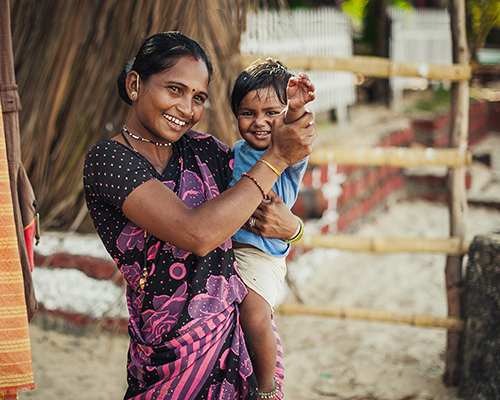Fighting Back Against Discrimination: Women's Struggle for Equal Opportunities and Rights
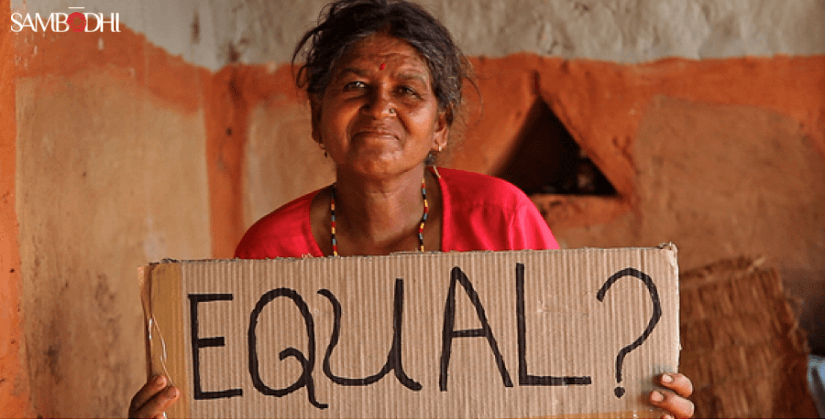
For many women worldwide, having a choice is a pipedream.
Away from traditions, women continue to be discriminated against in multiple ways. Consider Afghani women: education, political representation, and the opportunity to pursue a career, all part of basic human rights for others, continue to remain inaccessible. On top of that, they also face various forms of gender-based violence. It’s a situation that no one should ever face, yet it’s a harsh reality for many women in Afghanistan.
Gender discrimination against girls and women is an unfortunate reality that persists across many parts of the world. Despite progress in many areas, women face numerous obstacles and barriers that limit their opportunities and potential.
Let’s explore how this discrimination manifests itself.
Education
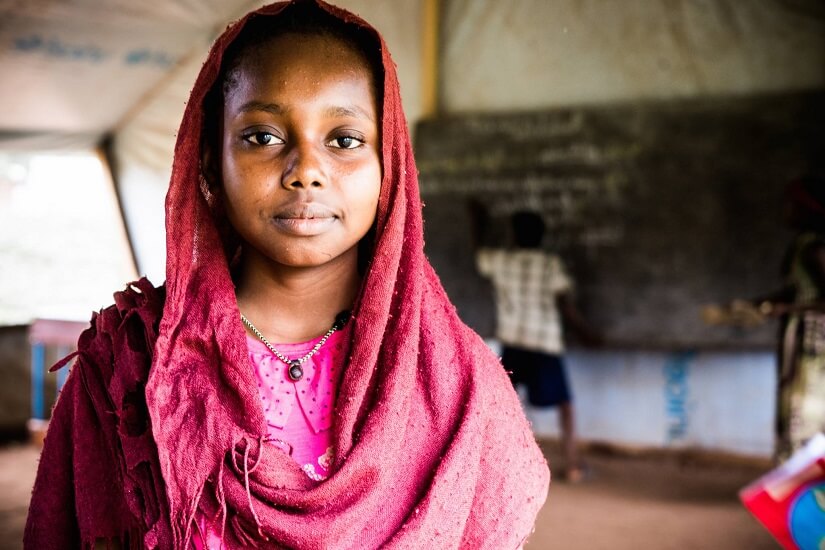
The bitter reality is that despite policymakers’ efforts to promote education and improve enrolment rates, 129 million girls remain out of school. Only 49% of sampled countries have achieved gender parity in primary education, 42% in lower secondary education, and 24% in secondary education.
Career
The road to education is not the only barrier women face. Even if they do manage to break through the glass ceiling and pursue higher education, many doors of career opportunities remain firmly shut. Research shows that only 33% of researchers worldwide are women, and 22% of AI professionals are women. These figures highlight the urgent need to address the deep-rooted gender biases in various societal sectors.
Political Representation
Leadership and political participation are other areas where women are sorely underrepresented. A report by UN Women reveals that currently, only 13 countries have a female Head of State, and a mere 15 countries have a female Head of Government. If we continue to follow the current trajectory, achieving gender parity in national legislative bodies will not become a reality until 2063. The need for systemic change to break the barriers that limit women’s full participation in all aspects of society has never been more urgent.
Unpaid Work
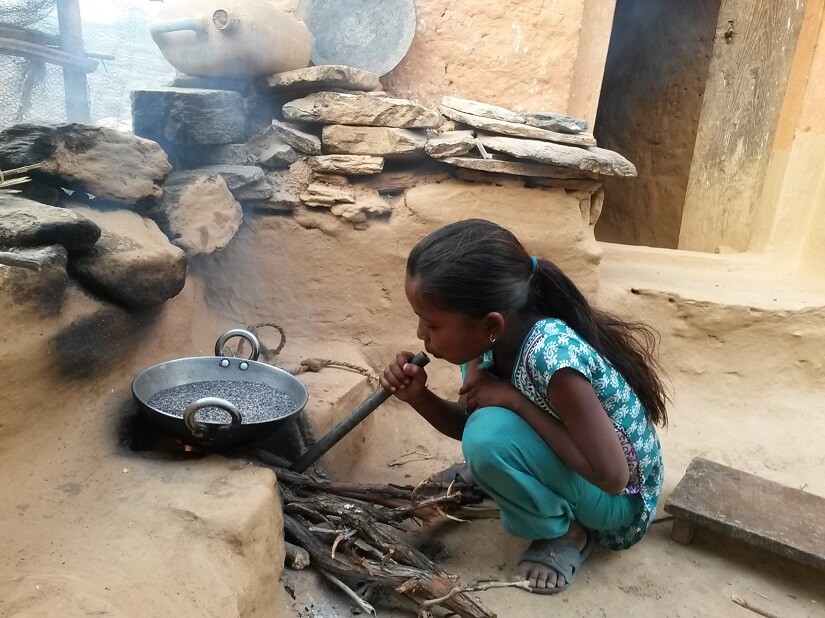
It would be unfair to say that the world doesn’t provide opportunities for girls to prove their mettle. In many regions, girls are extensively trained to take up one of the most common labours: unpaid care work.
Studies have shown that gendered social norms often construct women as caregivers and providers, leading to a disproportionate amount of unpaid household and care work falling on their shoulders alone. Shockingly, data reveals that girls between the ages of 5 and 14 spend 160 million more hours every day on unpaid care and domestic work than boys of the same age, depriving them of the chance to engage in productive activities and learn new skills.
If we continue to tolerate discriminatory practices like these, can we ever achieve sustainable development goals and break the cycles of poverty? Economic equality is critical to unlocking a bright future for our society. Reports suggest that if men and women participated equally in the economy, the global annual GDP could grow by US$28 trillion by 2025. It’s high time we eradicate harmful and inhumane practices like Female Genital Mutilation and gender-based violence. lead to better health outcomes, ultimately building a healthier and more sustainable society.
What has been done to improve the lives of girls and women for a better tomorrow? Let’s take a look at some corrective steps.
Beti Bachao, Beti Padhao
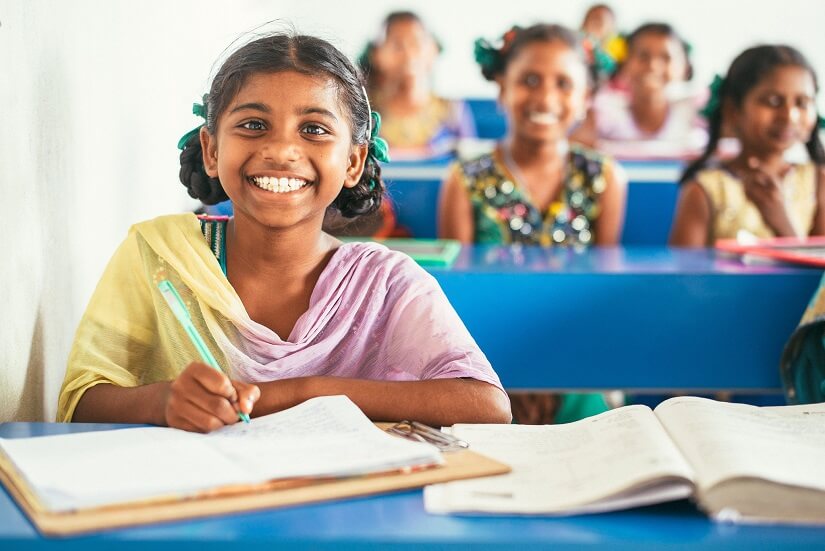
In 2015, India launched a revolutionary scheme that has been a game-changer for girls and women nationwide. This joint initiative by the Ministries of Women and Child Development, Health & Family Welfare, and Human Resource Development has transformed how society views girl children: not as a burden but as a gift.
This scheme has already brought about a significant shift in the social paradigm, improving the lives of countless girls and women in India. By focusing on increasing access to education and healthcare, as well as promoting gender equality and empowering women, it’s paving the way for a brighter future.
This initiative has significantly improved enrolment ratios for girls at the secondary level, increasing from 77.4% in 2014-15 to 81.3% in 2018-19.
Gender-Based Violence in Emergencies (GBViE)
Gender-based violence (GBV) is a critical issue that severely threatens individuals’ lives and fundamental rights worldwide. A violation of human rights, GBV undermines the idea of gender equality. During emergencies such as conflicts or natural disasters, the risk of violence, exploitation, and abuse is heightened, particularly for women and girls.
UNICEF launched the Gender-Based Violence in Emergencies (GBViE) in 2020 to promote and protect the women’s rights affected by emergencies and is currently operating in 84 countries worldwide.
The GBViE program aims to empower women and girls to claim their rights and access vital support services, including legal aid, medical care, psychosocial support, and safe spaces. Through this program, UNICEF has reached over 17.8 million women and children, providing them with the necessary tools and resources to rebuild their lives in emergencies.
The Women Helpline Scheme
The Ministry of Women & Child Development in India has undertaken yet another initiative to combat violence against women. This scheme, called “181,” offers women immediate and emergency support via a helpline number. Women in India can now access prompt assistance and a safer environment. In fact, as of the end of 2022, this initiative had helped close to 5 lakh women across 35 states. This remarkable achievement is a testament to the vital importance of such initiatives in protecting and empowering women.
Efforts to end discrimination and create a society where everyone is treated with respect are spearheaded by policymakers, think tanks, and global health and safety organisations. These initiatives, including many others, are laying the foundation for a better tomorrow where caste, ethnicity, gender, sexual preference, or other characteristics no longer determine a person’s worth.
However, the question remains: are these initiatives enough to build a society free from discrimination?
The answer is no. Change cannot happen independently; we must actively work towards it. Achieving true gender equality will require a shift in our collective mindset and the collaboration of change agents across all levels. Eradicating deeply ingrained inequalities is not a task that can be accomplished by one person, government, or organization alone. It is the responsibility of each one of us. It’s time to advocate for data-driven strategies that create a society where the doors of opportunity are open to all and where the chains of discrimination and inequality bind no one.
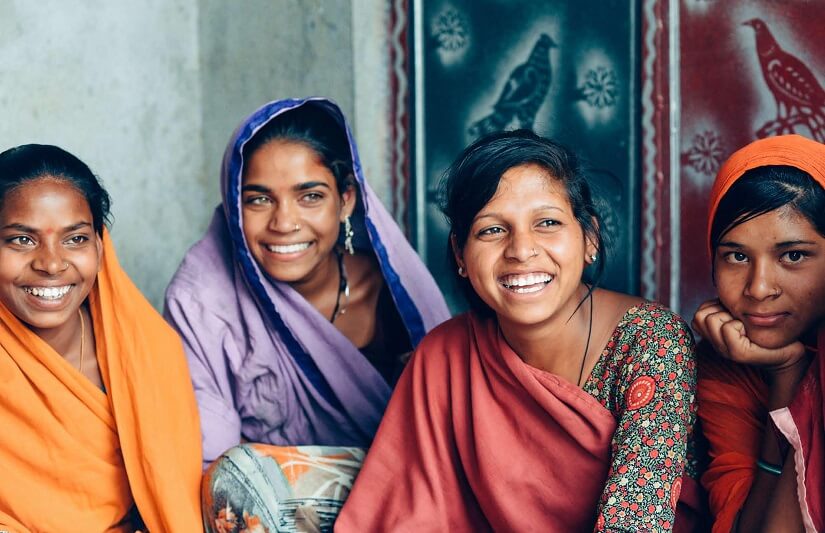
Ankita Valecha – Senior Communications Executive, Sambodhi
